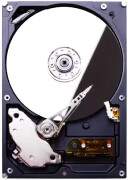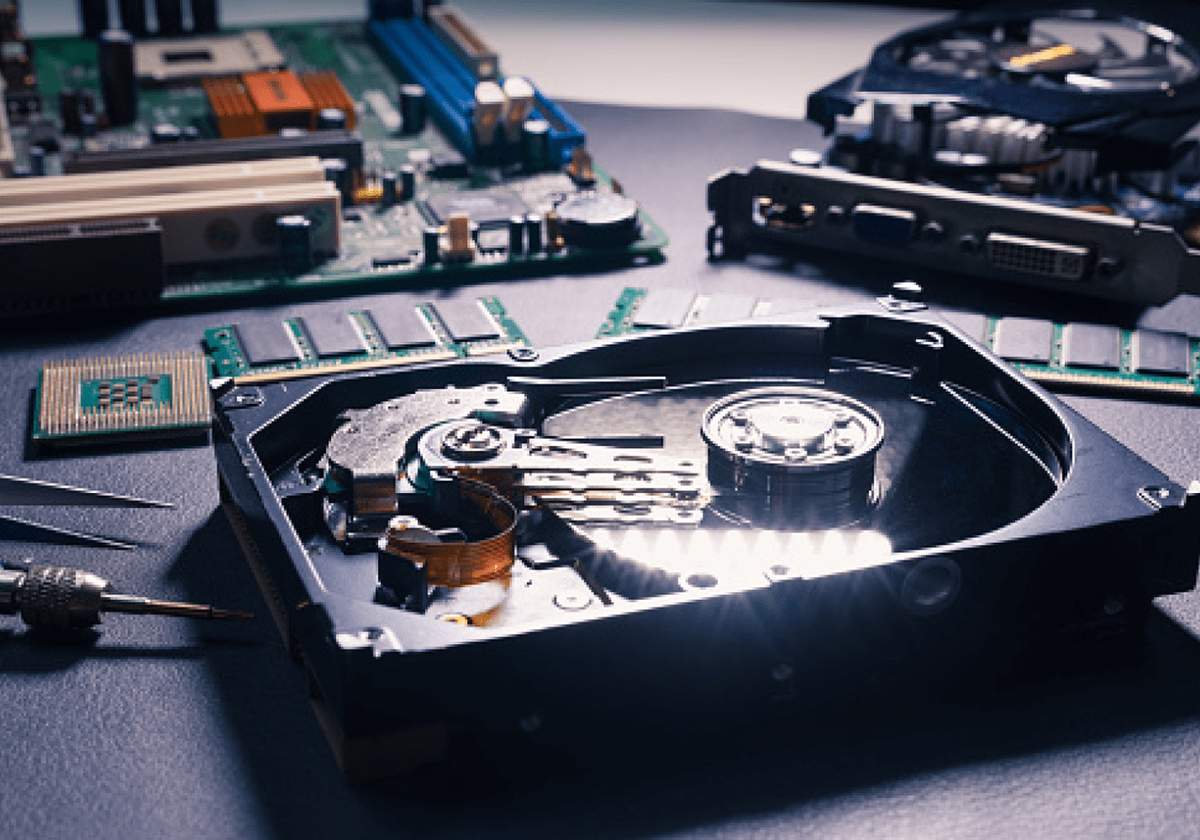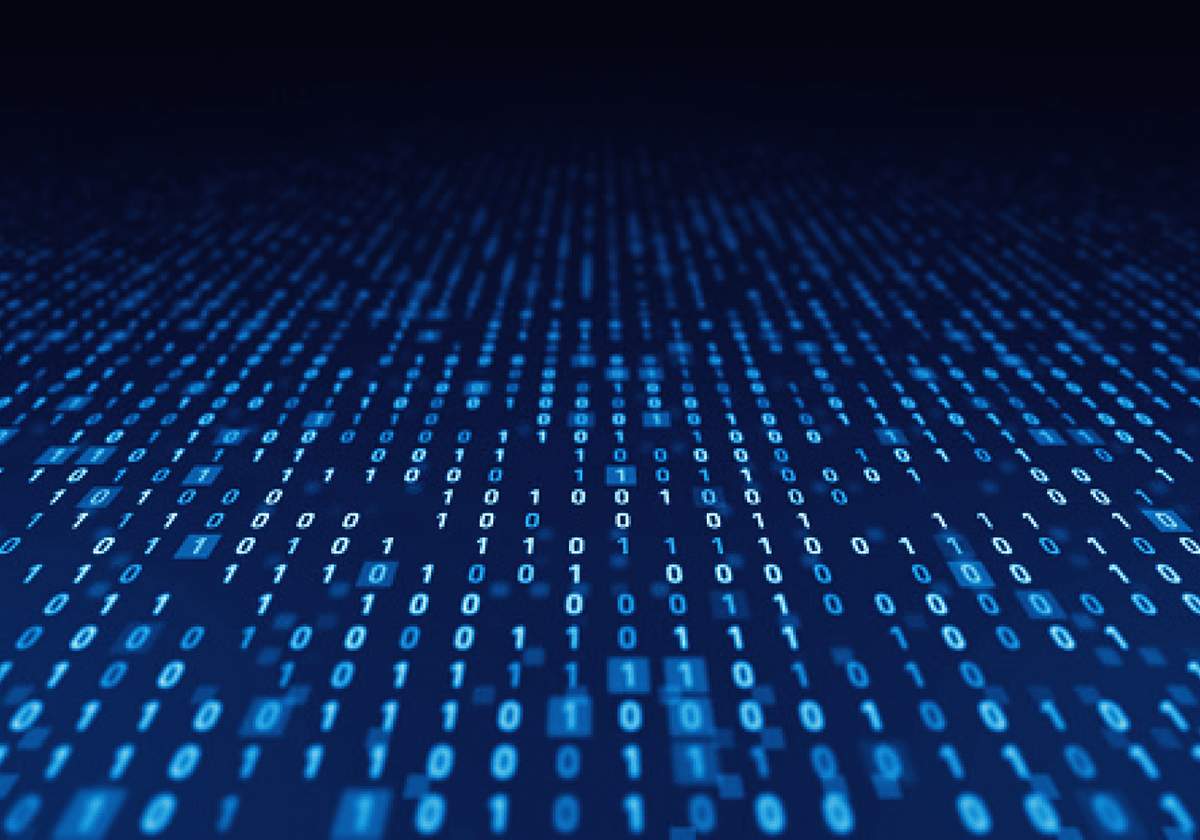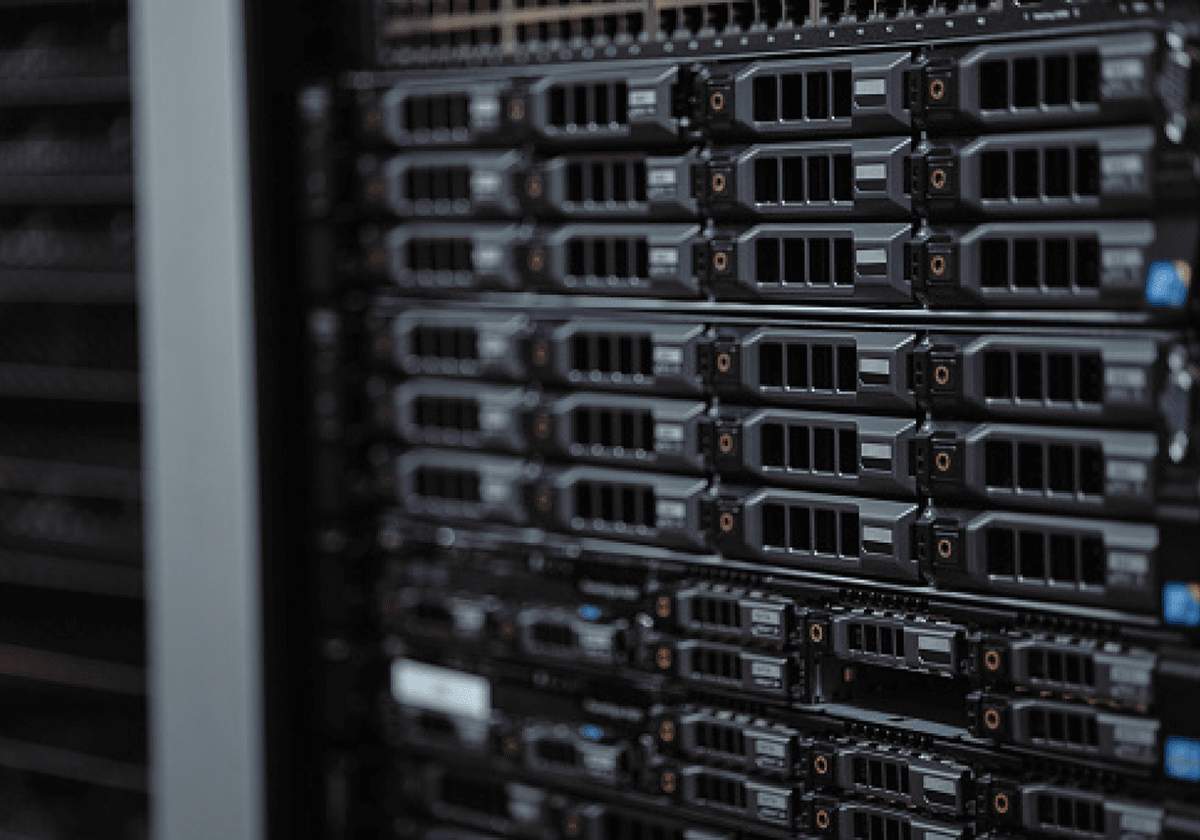SSD vs. HDD
Choosing a Drive that’s Right for You
Which is better for me, SSD or HDD?
The answer depends on you, and how you use your computer - Solid State Drive (SSD) and Hard Disk Drive (HDD) have advantages and disadvantages.

SSD
Solid State Drives (SSDs), including embedded flash drives, have become more and more popular. With no moving parts, they can read, write, and access data faster than HDDs. Many computers and tablets are now equipped with an SSD pre-installed instead of a traditional hard drive. Solid state drives typically access data faster, accelerate apps, and speed-up a computer’s boot-up time.
Best for quicker file access
Best for application acceleration
Best for quicker boot-ups

HDD
Hard Disk Drives (HDDs) have been a trusted data storage device for decades now. They are typically lower in price than SSDs and are available in higher capacities. Their biggest advantage is being able to store lots of data cheaply. However, moving parts, vibration, and high temperatures have always been a potential issue with HDDs.
Best for storing large amounts of data
Best for price per GB
Key areas to focus on when deciding if an SSD or HDD is better for you are: Durability, Capacity, and Speed.
Which is more durable – SSD or HDD?
SSDs are lighter in weight than HDDs, use less power, and have virtually no vibration - due to no moving parts. They can also survive an accidental drop better than an HDD. SSDs store data electronically on ‘cells’, which makes data access quicker than a spinning HDD.
Generally, SSDs can be more durable than HDDs when it comes to portability and accidental drops. Some ruggedized SSDs like the My Passport SSD can withstand drops from up to 1.98 meters (onto a carpeted surface), whereas the same drop could potentially damage an HDD device.
HDDs are still in use by big institutions like banks, governments and datacenters because the price per GB is less than that of SSDs – and when you’re dealing with huge amounts of data, cost becomes a factor quickly. If durability is important when you’re working on-the-go, there are portable drives like G-DRIVE ArmorATD that can stand up to the jostles and tumbles of the outside world.


How much capacity do I need?
The amount of personal data we generate from documents, photos, music and multimedia is growing at an exponential rate. HD video files and high-resolution photos are larger than ever, requiring more and more reliable storage capacity.
Solid state drives are designed for speed, but not necessarily for capacity. That’s where traditional hard drives come in. They cost less per GB than SSDs and are available in massive capacities, up to 28TB in a single device (and over 192TB* in a multi-drive RAID device like SanDisk Professional G-RAID Shuttle 8)
*As used for storage capacity, 1GB = 1 billion bytes and 1TB = one trillion bytes. Actual user capacity may be less, depending on operating environment and RAID/JBOD configuration.
| Drive Capacity | Music | or Video | or Photos |
|---|---|---|---|
| 500GB | 125K | 30 | 80K |
| 1TB/1000GB | 250K | 60 | 160K |
| 2TB/2000GB | 500K | 120 | 320K |
| 4TB/4000GB | 1M | 240 | 640K |
| 6TB/6000GB | 1.5M | 360 | 960K |
| 8TB/8000GB | 2M | 480 | 1.28M |
| 12TB/12000GB | 3M | 720 | 1.92M |
1The number of songs is based on a 3.5MB MP3 file. Examples of the number of songs that can be stored are provided for illustrative purposes only. Your results will vary based on content, file compression, file format, file size, host device, pre-loaded files, settings, software and other factors.
2The number of hours for videos is based on the 1920x1080 Full HD @ 30fps, 145MB/min, DV format. Examples of the hours of video that can be stored are provided for illustrative purposes only. Your results will vary based on bit rate, content, file compression, file format, file size, host device, pre-loaded files, resolution, settings, software and other factors.
3The number of photos is based on a 16MP, 5.5MB JPEG file. Examples of the number of photos that can be stored are provided for illustrative purposes only. Your results will vary based on resolution, content, file compression, file format, file size, host device, pre-loaded files, settings, software and other factors.
How much speeeeeed do I really need?
SSDs can access, read, and write files faster than HDDs. SSDs access data electronically through ‘cells’ that can be written and rewritten thousands of times.
HDDs utilize rotational platters and an actuator arm to access files by locating them on the platter then moving to that location to read the data.
Speed is an advantage in business – especially when dealing with large amounts of files.

Speed is an advantage in business – especially when dealing with large amounts of files.

Gaming
A fast SSD or HDD will give you an advantage in game loading speeds, so you can access your game data faster.

Operating System
Replace the HDD with an SSD or add an SSD to an HDD system to significantly speed-up boot time and accelerate application load times.

Fast Data Transfer
A faster HDD or SSD will greatly decrease the time it takes to transfer, write, or read data. This is key when managing large files or large amounts of files.

Quick File Access
Because SSDs have no moving parts, they can access files faster than an HDD, which has to spin-up and find the files.